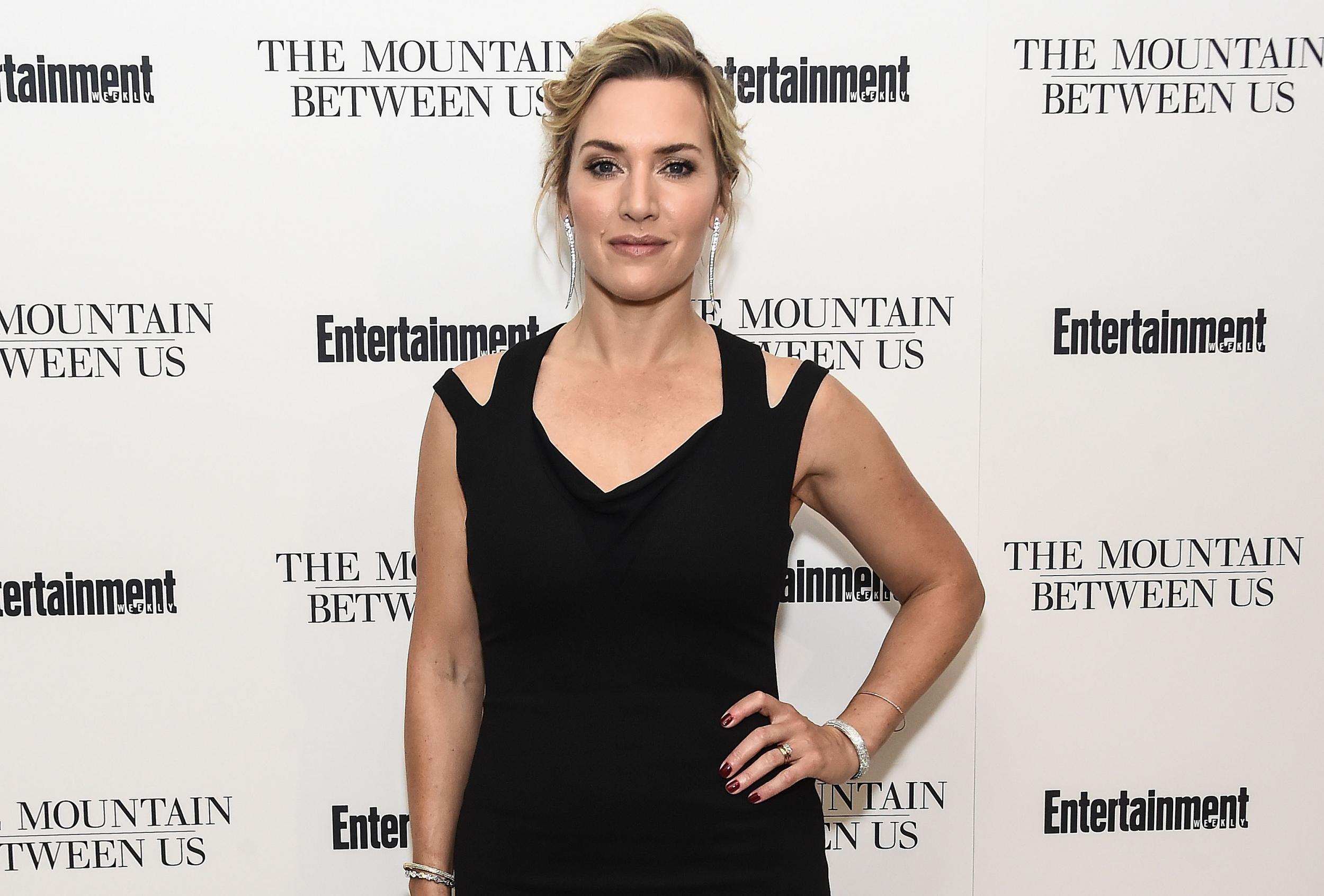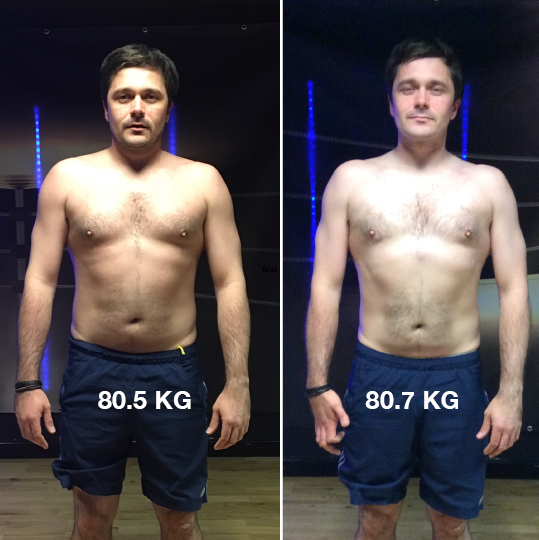Why we should replace weight loss with fat loss
We need to stop obsessing over losing weight, says Rachel Hosie - there are better ways to measure your fitness and health progress

Hollywood star Kate Winslet says she hasn't weighed herself in more than 12 years - and several fitness experts have urged others to shun the scales too.
Talking about new movie The Mountain Between Us - in which co-star Idris Elba drags her from a stream - she says: "It was very hard on him. I don't know how much I weigh. I haven't weighed myself in 12 years. Top tip."
She hit the big time playing Rose in Titanic in 1997, and has been a size 10, 12, and 14 over the past two decades.
Many fitness experts urge people to improve their fitness and tone, rather than trying to lose weight, so Kate could be onto something.
Personal trainer to elite athletes and the stars, Rich Tidmarsh, told The Independent: “You shouldn’t be losing weight - ideally you want to keep your weight the same whilst getting smaller.”
If you’re trying to get healthier, you should be gaining muscle and losing fat, thus getting smaller but not necessarily lighter.
Muscle is more dense than fat, which is where the common adage “muscle weighs more than fat” comes from: a pound of fat takes up a lot more space than a pound of muscle.
“Muscle is three times as dense as fat (so you are heavier),” personal trainer Nicola Addison explained.
“But the same weight of fat over muscle will take up 19 per cent more body space. That’s why we (and most fitness professionals) will recommend a measuring tape over the scales any day!”
The trouble is, we’ve been conditioned to obsess over the number on the scale.
However, according to fitness and nutrition expert Gav Gillibrand, the scale is the least effective tool for assessing your progress when it comes to losing body fat.
He says it’s better to focus on three other factors:
- Body dimensions and measurement
- Body fat
- Performance
“Anyone can restrict calories and ‘lose weight,’” he explained to The Independent. “On a crash diet, most of the weight loss comes from water and muscle.”
He believes that instead of looking at the number on the scale, we should be trying to improve our performance, such as by completing more reps or higher weights on a given exercise.
“Focus on building muscle and becoming strong,” Gav says. “That combined with a high protein, good fats and low GI carbohydrate diet is the key to sustained body fat loss.”

But for decades, we’ve been obsessively talking about losing weight. We need to change the conversation.
“As the owner of a busy personal training company in London, one of the most common goals we have new clients asking us for is weight loss, but 99 times out of 100 what they’re really after is to change the shape of their body, for example, achieving a slimmer stomach or leaner thighs,” David Valentine-Jones, owner of Sculpt Fitness, told The Independent.
We just need to retrain our brains to think about weight loss being the be all and end all.
As personal trainer Tom Mans points out, when people say they want to lose weight what they really mean is they want to lose fat. All we ever talk about it losing weight though.
Tom accepts that very overweight or obese people will see the number on the scales go down once they start training, but for most people, your body weight “will probably stay the same, or not change drastically.
“With my own clients who want to get leaner and lose some fat I’ll do before and after photos,” he explained to The Independent. “This gives a better representation of whether they are losing fat.”
What’s more, our weight fluctuates so much.
“The thing to remember about solely focusing on the scale to track results is that weight will naturally fluctuate up or down day to day depending on a number of factors, primarily water retention,” Jones explains.
“This can potentially lead to a demoralising result for a person that has embarked on a quest to lose weight, exercised hard and eaten sensibly all week only to find they have put on a pound, most likely in water weight.”

Women also have the issue of their menstrual cycles affecting their weight.
But at the end of the day, working out shouldn’t just be about fat loss anyway - there are so many other benefits to exercise that go past aesthetics.
“If you stay fit and healthy you will potentially live longer, lower your body pressure, increase bone density, decrease stress, boost confidence, improve your sleep and increase your appetite,” Mans explains.
Keeping tabs on your weight isn’t necessarily a bad thing just to keep you in check - Jones says the best approach is to weigh yourself no more than once a week or a fortnight, at the same time of day and on the same scales - but we need to stop obsessing over weight loss.
Fat loss and improved health are much better goals.
Join our commenting forum
Join thought-provoking conversations, follow other Independent readers and see their replies
Comments
Bookmark popover
Removed from bookmarks